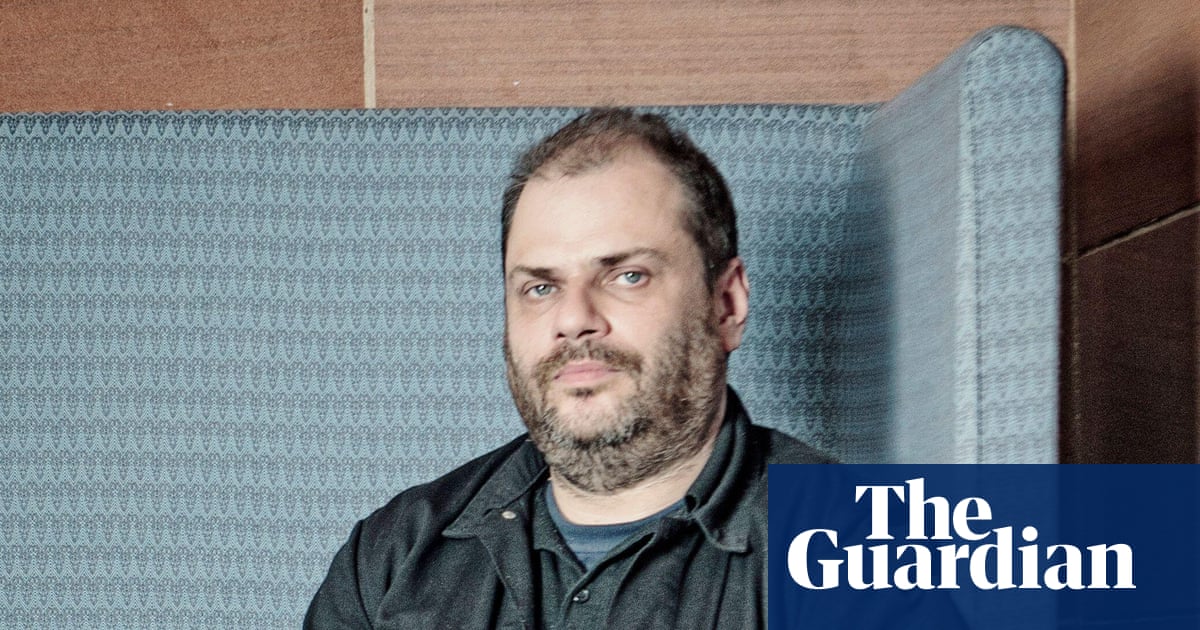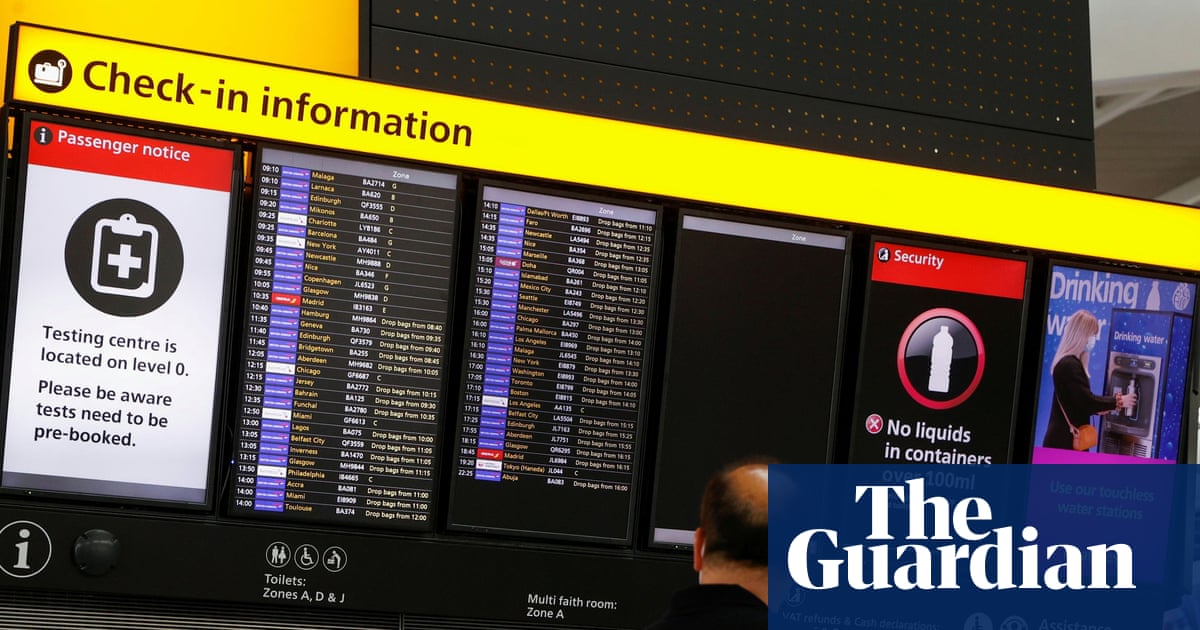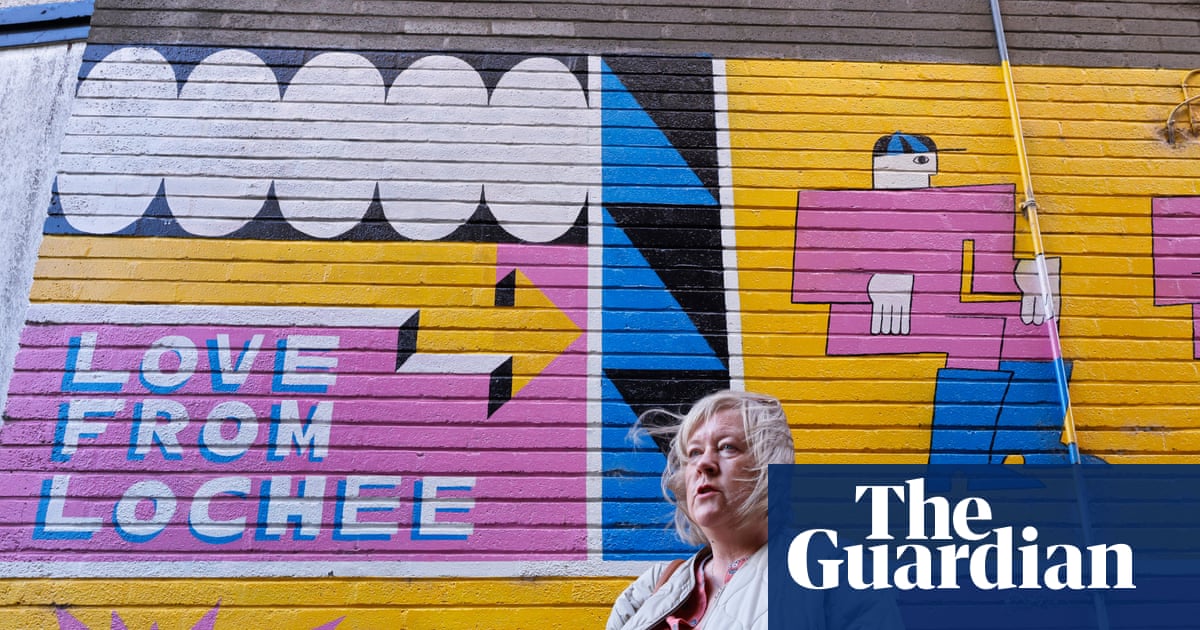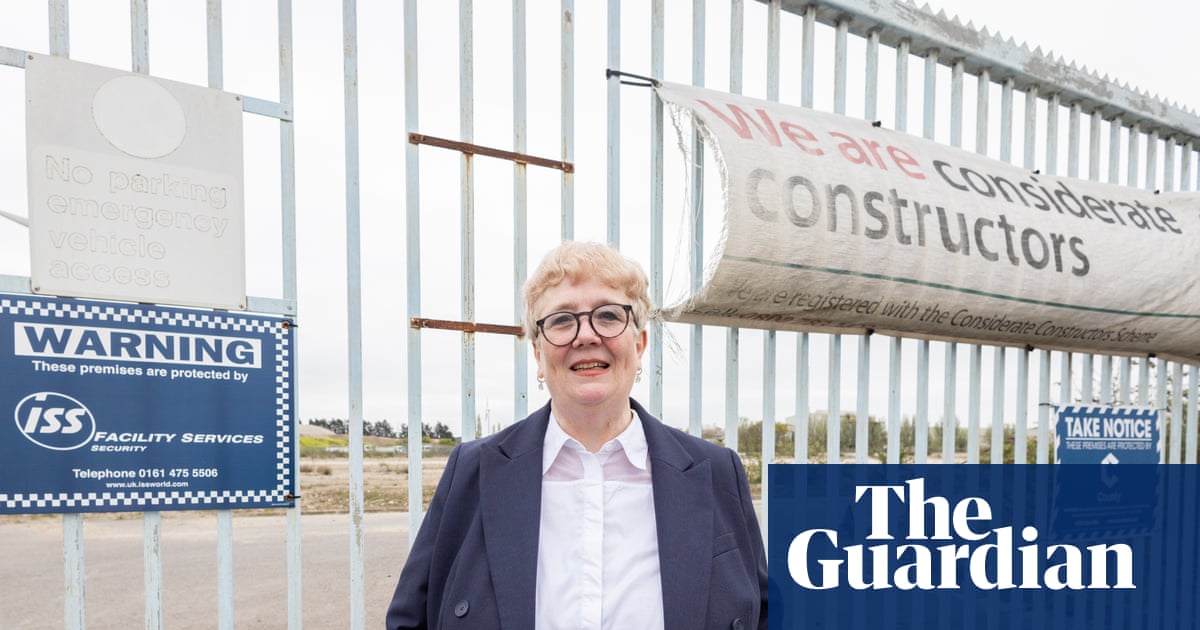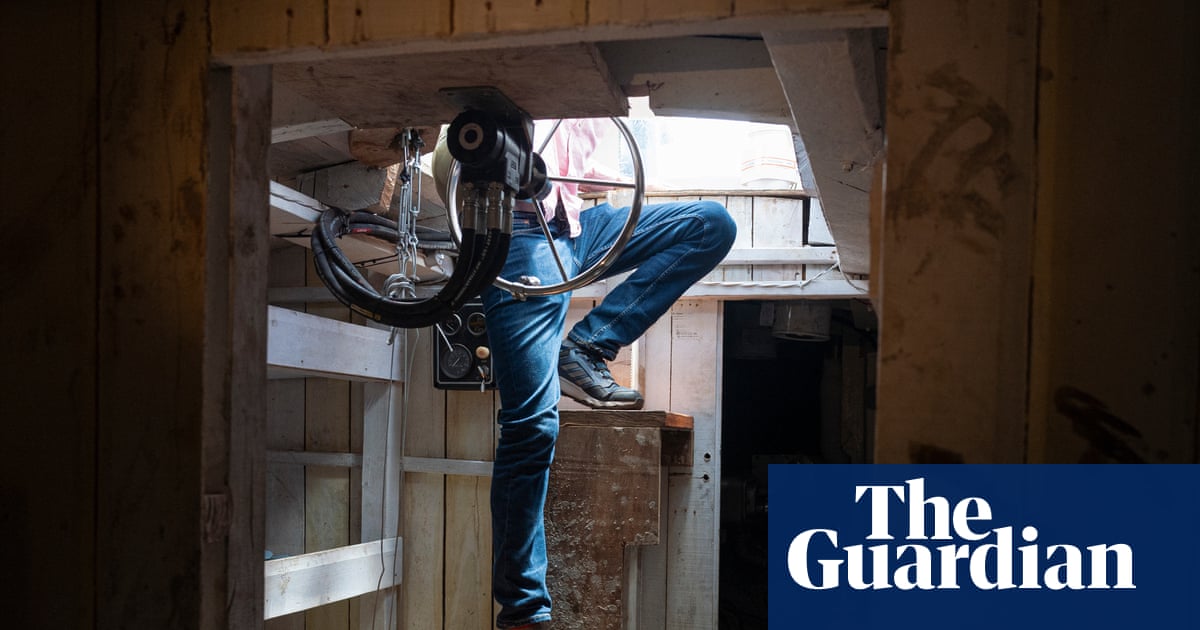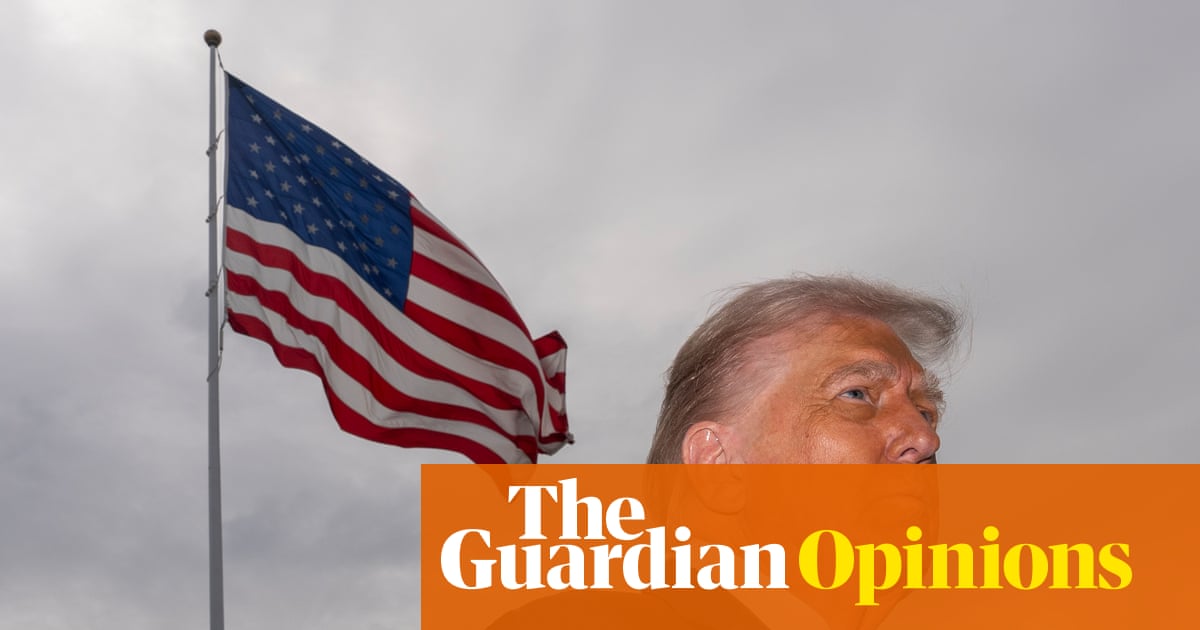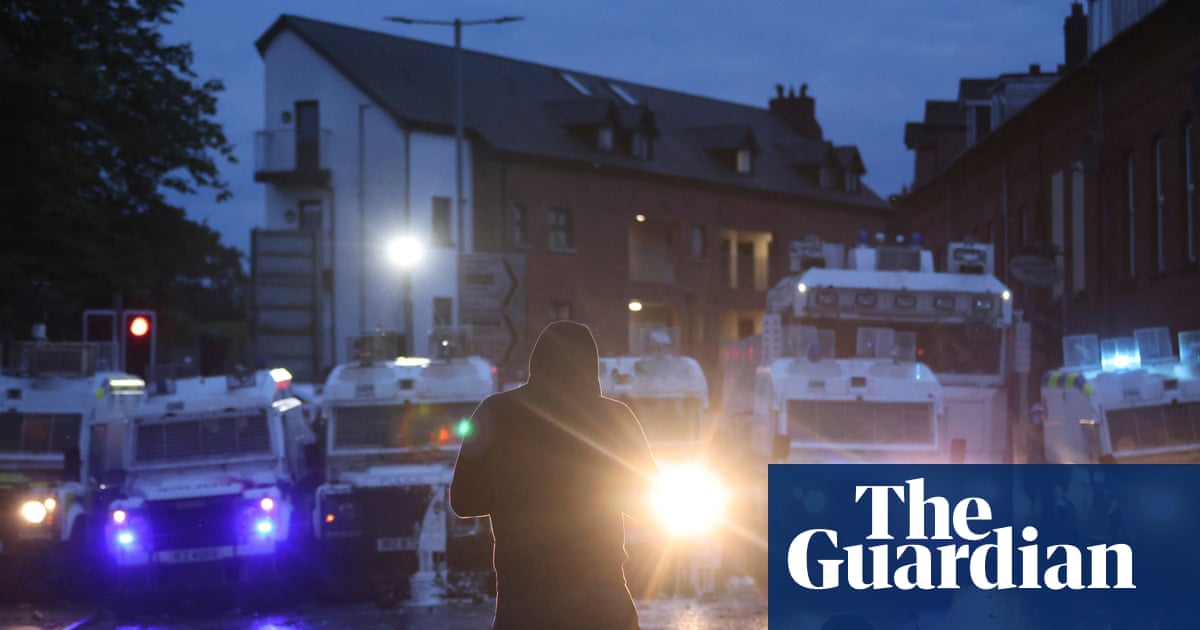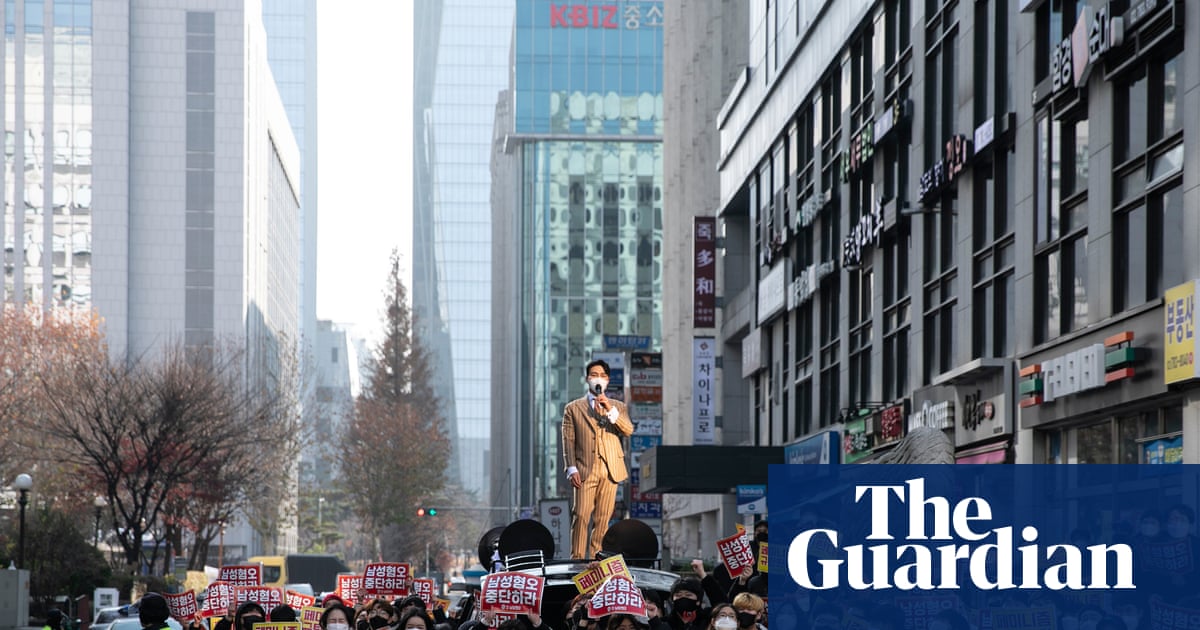For someone who gets lost on the way back from a restaurant bathroom, the 364-hectare (900-acre) sprawl of Glastonbury is a navigational nightmare. I’ve been to the festival three times, and between the music and the drinking I’ve always been glued to my phone, risking a rolled ankle as I hurry along, staring at the site map on the app and racing to recorrect my route to the shows. Losing power or losing my phone hasn’t ever seemed an option here. Without it, I would cease to function.
But perhaps, at the ripe old age of 31, it is time to face my fears. What would happen if I ditched my phone for the day? Would I perish from boredom or find myself liberated, finally embracing the full freedom of the Glastonbury experience?
I feel like a frightened puppy at the start of the day, stowing my phone in my bag and attaching myself to colleagues who can show me around instead. I follow my first benevolent handler to the circus fields to watch a talk – so far, so straightforward. But as I head off to find some water, I momentarily lose my bearings on my way back to the group. I have to remind myself to be more attentive once I’m cast off alone to follow the signs (and the many helpful stewards I ask) to the Pyramid stage. Supergrass are playing and as I watch their skittish set I feel my phone start to buzz. I instinctively reach for it, worrying I’m missing out on group chats or work goings-on, and feel strangely bereft when I realise I have to let it vibrate, ignoring it to focus on the stage.
I begin to feel a bit bored – something I haven’t felt since I first had a smartphone to fill every quiet moment with scrolling. I am considering the state of modern boredom when the Spice Girl Mel C walks past. If I’d been staring at my screen, I never would have noticed her. I head over to ask for a selfie before realising I’d need to take my phone out, settling for an awkward wave instead.
As the sun reaches a woozy afternoon peak, I reach into my bag and turn the phone off, free now to wander. I soon spot a group dressed as pirates and ask where they’re off to. They hand me a warm bottle of vodka and squash and invite me to tag along. This is their eighth Glastonbury as a group and two of them, Jo and Chris, got engaged here last year. “It’s the most magical place on Earth,” Jo says. “Nothing bad can happen to you, so have fun!”
We spend the next few hours together, stumbling past an Elvis impersonator, the millennial rappers Rizzle Kicks and someone in a morph suit singing Frank Sinatra’s My Way on a karaoke machine.
As night falls, I find myself alone again, but no longer bored or lonely. Sebastian, a Greenpeace volunteer, spots me scribbling and asks what I’m up to. He tells me he’s been coming since the 1980s. “It’s changed a lot and there’s more of a corporate atmosphere these days,” he says. “But you won’t find a place with more friendly people in the world.”
We try to make our way to the hedonistic south-east corner before losing each other in the crowd. Soon, though, the magic of the festival strikes, as I spot a friend from primary school who I haven’t seen in two decades. In a sea of 200,000 people, this meeting feels very unlikely, and as we catch up into the early hours, I realise I would never have found myself here had I followed my phone and had arranged plans.
Bleary-eyed, I eventually make the long walk back to the tent. When I wake up and turn on my phone, I realise I missed a meeting with a photographer the day before and an interview for another piece in the afternoon. There are downsides to being uncontactable, but it feels a small price to pay for a revelation: my sense of direction hasn’t improved, but I now feel comfortable with getting lost. Perhaps I’ll leave my phone at home more often.

 2 months ago
69
2 months ago
69


